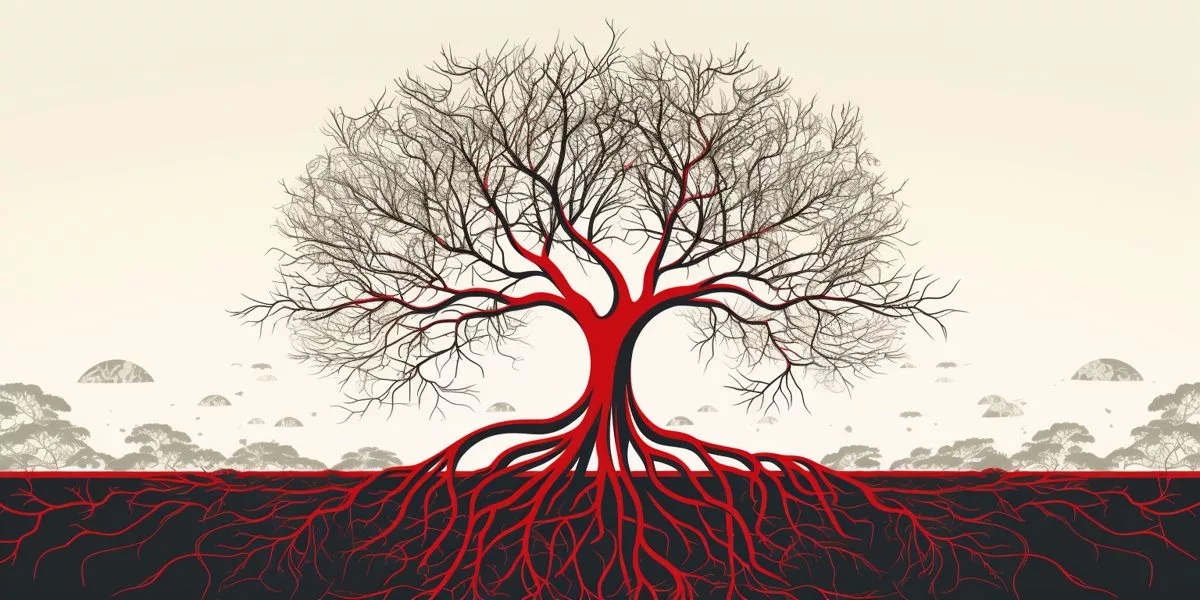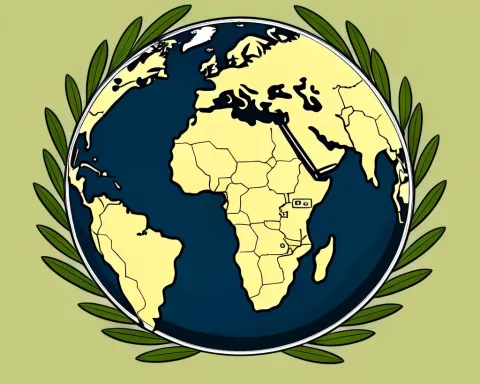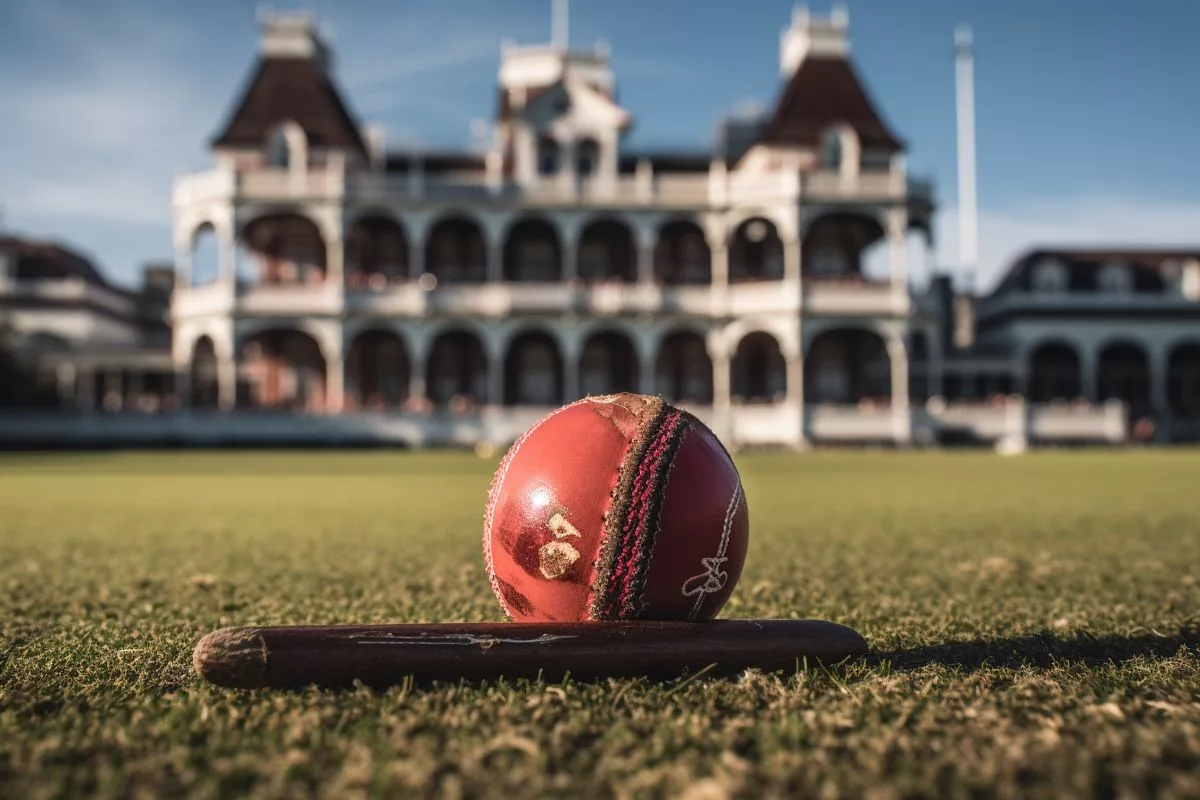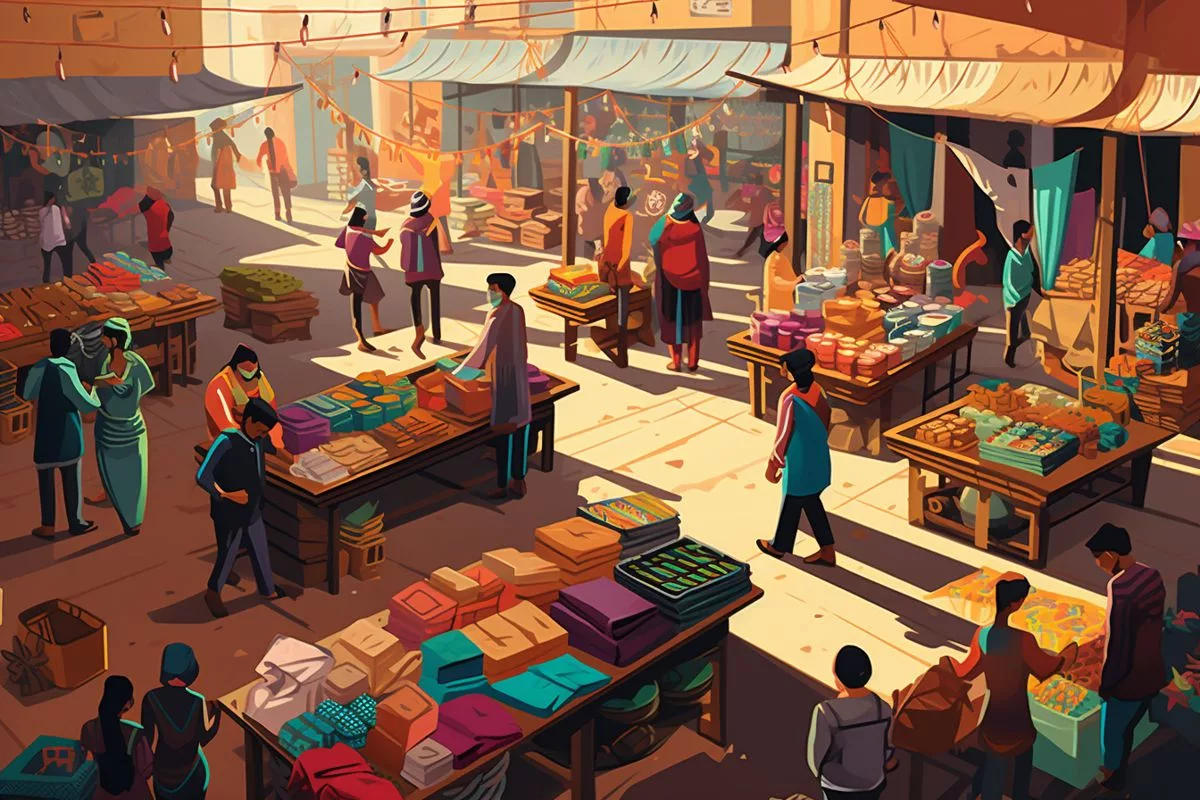South Africa’s President Cyril Ramaphosa has made significant strides in the fight against corruption through legal action, asset seizure, and tax law enforcement. The Asset Forfeiture Unit has frozen R14 billion in assets, leading to the restitution of R5.4 billion to the state. Additionally, new legislation is being implemented to safeguard against state capture, and Ramaphosa emphasized the broader societal consequences of corruption. Despite acknowledging the long road ahead, Ramaphosa’s commitment to transparency and accountability is clear.
Progress in the Fight Against Corruption
South Africa’s government has made significant strides in combating corruption through legal action, asset seizure, and tax law enforcement. The Asset Forfeiture Unit has frozen R14 billion in assets, leading to the restitution of R5.4 billion to the state. Further disciplinary measures and new legislation are being implemented to safeguard against state capture, and the President emphasized the broader societal consequences of corruption. Despite acknowledging the long road ahead, Ramaphosa’s commitment to transparency and accountability is clear.
South African President Cyril Ramaphosa recently made a statement at the National Anti-Corruption Advisory Council’s (NACAC) National Dialogue in Gauteng, highlighting considerable advancements in the country’s battle against corruption. His speech emphasized the government’s dedication to holding those involved in state capture accountable and showcased a series of initiatives that confirm this commitment.
Progress in the Fight Against Corruption
The government’s success in combating corruption is illustrated by a comprehensive strategy of legal action, seizing assets, and rigorous implementation of tax laws. Ramaphosa shared that this strategy has enabled the retrieval of several billions of Rands, previously lost to illicit activities. This recovery was facilitated by the commencement of nine distinct legal cases involving 47 individuals and 21 corporations, underscoring South Africa’s commitment to justice.
The Asset Forfeiture Unit has been particularly active in its mission to reclaim stolen assets, sanctioning freezing orders amounting to R14 billion. This aggressive strategy facilitated the retrieval and restitution of R5.4 billion to the state. President Ramaphosa emphasized the sustained momentum in the fight against corruption but also recognized the long road still ahead.
Disciplinary Actions and Tax Collection
Supporting these legal proceedings are disciplinary measures conducted by government departments, municipalities, and professional organizations against individuals implicated by the State Capture Commission. The South African Revenue Service (SARS), armed with evidence presented to the State Capture Commission, succeeded in collecting R4.9 billion in previously unpaid taxes.
Over the past five years, South Africa has dedicated considerable resources to the reconstruction of law enforcement and other entities devastated by state capture. The nomination of new leaders, known for their integrity and competence in combating crime and corruption, mirrors the nation’s commitment to eradicate corruption.
New Legislation and Strategies
In addition, measures are being implemented to safeguard key positions from state capture. This is accomplished through the creation of new legislation. Ramaphosa highlighted the formation of the NPA Investigating Directorate in 2018, an institution specifically designed to concentrate on state capture and other severe crimes. The Special Tribunal has been established to expedite the recovery of public funds, and in November 2020, the Cabinet endorsed the National Anti-Corruption Strategy. This strategy comprises six strategic pillars that serve as the foundation for the National Dialogue’s discussions.
The Impacts of Corruption
The President was frank about the pervasive and destructive effects of corruption. He acknowledged the burden that corruption places not only on the state treasury but also on the public’s trust in the government. Pointing out the broader societal consequences of corruption, Ramaphosa stated, “All South Africans suffer…when goods, services, and resources meant for public benefit are misappropriated, mismanaged, and stolen.” He stressed that the poorest citizens are the most affected by these corrupt activities.
In his speech, Ramaphosa also highlighted how corruption impedes economic progress and imposes a considerable strain on businesses, thus worsening the lives of South Africans.
Looking Ahead
Ramaphosa committed to acknowledging both the progress made and obstacles encountered in the fight against corruption in the forthcoming year. He proposed a reflective approach, assessing the progressive policies that have succeeded in lifting millions from absolute poverty and delivering basic necessities such as housing, electricity, and clean water.
South Africa’s battle against corruption, under President Ramaphosa’s leadership, is a clear demonstration of the nation’s determination to establish transparency and accountability. The fight against corruption is not just about monetary recovery. It’s about restoring faith in institutions, instilling a sense of justice, and, ultimately, crafting a brighter future for all South Africans.
What has South Africa’s government done to fight corruption?
South Africa’s government has made significant strides in combating corruption through legal action, asset seizure, and tax law enforcement. The Asset Forfeiture Unit has frozen R14 billion in assets, leading to the restitution of R5.4 billion to the state. Further disciplinary measures and new legislation are being implemented to safeguard against state capture, and the President emphasized the broader societal consequences of corruption.
How much money has been retrieved by South Africa’s fight against corruption?
The government’s strategy of legal action, seizing assets, and rigorous implementation of tax laws has enabled the retrieval of several billions of Rands, previously lost to illicit activities. The Asset Forfeiture Unit has frozen R14 billion in assets, leading to the restitution of R5.4 billion to the state.
What disciplinary measures have been taken in South Africa to combat corruption?
Supporting legal proceedings are disciplinary measures conducted by government departments, municipalities, and professional organizations against individuals implicated by the State Capture Commission. The South African Revenue Service (SARS), armed with evidence presented to the State Capture Commission, succeeded in collecting R4.9 billion in previously unpaid taxes.
What new legislation has been implemented to safeguard against state capture in South Africa?
Measures are being implemented to safeguard key positions from state capture through the creation of new legislation. The NPA Investigating Directorate was formed in 2018, a specific institution designed to concentrate on state capture and other severe crimes. The Special Tribunal has been established to expedite the recovery of public funds, and the Cabinet endorsed the National Anti-Corruption Strategy in November 2020.
What are the impacts of corruption in South Africa?
Corruption places a burden on the state treasury and erodes the public’s trust in the government. The poorest citizens are the most affected by these corrupt activities. Corruption also impedes economic progress and imposes a considerable strain on businesses, thus worsening the lives of South Africans.
What is South Africa’s government doing to restore faith in institutions and instill a sense of justice?
South Africa’s battle against corruption, under President Ramaphosa’s leadership, is a clear demonstration of the nation’s determination to establish transparency and accountability. The fight against corruption is not just about monetary recovery. It’s about restoring faith in institutions, instilling a sense of justice, and, ultimately, crafting a brighter future for all South Africans.












